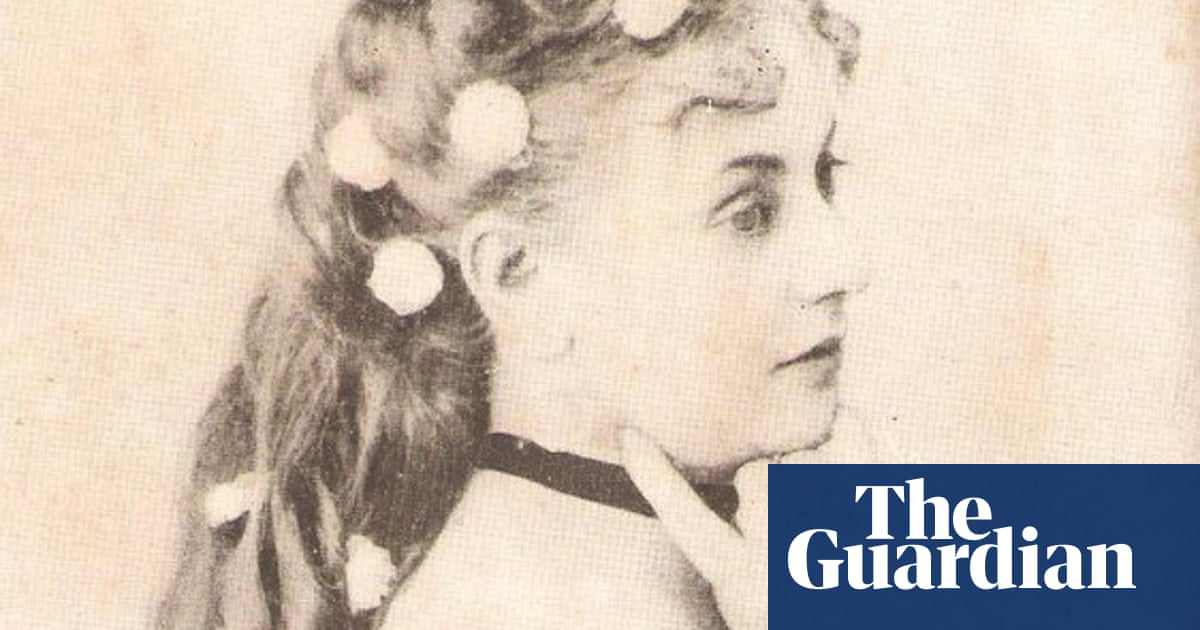By the time she turned 21, Eliza Alice Lynch had fled famine-stricken County Cork for Paris, married and left a French officer, become entangled with a South American warlord-in-waiting, and returned with him toParaguay.
Ten years later, her partner – by then, president and grand marshal Francisco Solano López – led Paraguay into acataclysmic four-year war against Brazil, Argentina and Uruguay. Half of Paraguay’s population was wiped out. López was cornered and shot on a jungle battlefield called Cerro Corá, along with their 15-year-old son.
Lynch buried them both, then fled to France, where she died in 1886, denying to the end accusations that she had fomented López’s delirium of empire.
In 1961, the dictator Alfredo Stroessner brought her body back to Paraguay. And now, the figure popularly known as Madame Lynch may be on the move again.
Last month, Paraguay’s senatevotedto award her posthumous Paraguayan nationality – and to install her remains in the National Pantheon of Heroes: a neoclassical chapel in downtown Asunción.
Presenting the proposal in December, congresswoman Rocío AbedcalledLynch a “heroine representing the virtues of a stoic and genuine Paraguayan woman”, adding that she deserved the honour “for her loyalty to the fatherland” and her “unconditional love” for López.
Abed – a senior figure in the ruling Colorado party – described the proposal as an act of “historical reparation”, but academics, commentators and opposition politicians haveslammedthe initiative, which now awaits approval by Santiago Peña, Paraguay’s president.
Critics havenotedthat Lynch showed no desire to become a Paraguayan citizen in life, andthat– far from sharing the perils and privations faced by Paraguayan women – she spent much of the war hosting champagne-fuelled soirees.
Lynch also used her privileged position to amass a portfolio of dozens of Asunción palaces and an estimated35m acresof land, said Eduardo Nakayama, a Liberal party senator.
“If we really get to the bottom of it, the figure of Madame Lynch is highly problematic,” he said.
Nakayama accused the Colorado party of seeking to appropriate the figure of Lynch to distract from its ownanti-democratic manoeuvresand smear critics as unpatriotic.
“It’s an absolutely false narrative,” he added. “It’s absurd.”
There are other obstacles facing Lynch’s reunion with López. Not only has the Pantheon run out of space, but six war heroes, writers and composers are already on thewaiting list.
And López’s remains may not even lie within the casket that bears his name:historians saythat a 1936 expedition sent to fetch him from Cerro Corá dug in the wrong place.
A few miles from congress, the debate over Lynch’s ultimate resting place was also being aired in the ramshackle Recoleta cemetery.
“It’s the Pantheon of the Heroes,” said gravedigger Faustino Aranda, resting in the shade a few metres from the Irishwoman’s modernistmausoleum. “She was the hero’s woman, but that’s about it.
“If Madame Lynch gets in without having fought for our fatherland, the Paraguayan women who did put their lives on the line and fought alongside the men should be there too,” he said.
His co-worker, Jorge Mora, disagreed. “She accompanied the marshal through thick and thin,” Mora reflected. “I think she deserves that recognition.”
Another complication relates to the fact that 14 years after her death, another woman was buried atop Lynch in the Père Lachaise cemetery in Paris, said Ana María Barreto, a historian and the author of a 2011biographyof Lynch.
The delegation dispatched by Stroessner in 1961 to retrieve her remains may have brought back the bones of the latecomer, Lynch, both, or neither.
“I couldn’t find any documentation that describes the exhumation,” said Barreto. “What they found, I don’t know.”
The proposed accolade for Lynch has meanwhile reignited a broaderdebateabout overlooked female figures.
Barreto said she would like to see more streets and squares bearing the names of pioneers like Serafina Dávalos (1877-1957) – anopenly lesbianfeminist, suffragist, teacher and the country’s first female lawyer.
The “extraordinary” Rosa Peña de González (1843-1899) – who helped rebuild the country’s shattered schools and education system after the war – would be her “top candidate” for the country’s highest honour, she added.
But a “profound machismo” in Paraguayan politics and society, she said, means that women’s worth is still measured in light of their relationship to men.
Abortion is effectively outlawed in Paraguay. Rates of child pregnancy are among the highest in Latin America. Ultraconservative Catholic and evangelical groups are increasingly influential, even drafting a national sex educationcurriculumthat cautions girls to beware how their clothing “makes men behave”.
In May, Paraguay’s congress rejected a proposal to criminalisecriadazgo: a traditional practice where poor girls from the countryside work as unpaid, live-in servants for wealthier families. Campaigners liken it to slavery. Officialsdefendit as part of Paraguayan culture.
And earlier this month, the country was stunned by the murder of a 17-year-old pregnant girl, María Fernanda Benítez. Press reportssuggestedshe had been knocked unconscious, burned alive and buried by her teenage partner after he pressured her into a botched clandestine abortion.
“It’s very revealing that our greatest hero committed what we would today call domestic violence,” said Barreto, describing how López had his mother and sisters caged and whipped for allegedly plotting against him.
She noted that Juana Pesoa – another of the “polyamorous” marshal’s lovers and mother to several of his children, who likewise accompanied him to Cerro Corá – has been airbrushed from the official history.
Lynch’s reputation as an avaricious landgrabber may not be entirely deserved, the historian added. López’s country-sized gifts to Lynch – a British subject – might have been an attempt to hang on to disputed territories later annexed by Brazil and Argentina.
Meanwhile, she lamented, Lynch’s “fascinating”, taboo-bustingbiography– as a serial survivor navigating a man’s world, and an economic and political player in her own right – was now being flattened in favor of a sanitised, submissive portrayal.
“Each society shapes its heroes to look more like them,” Barreto reflected. “It’s like seeing ourselves in the mirror.”
